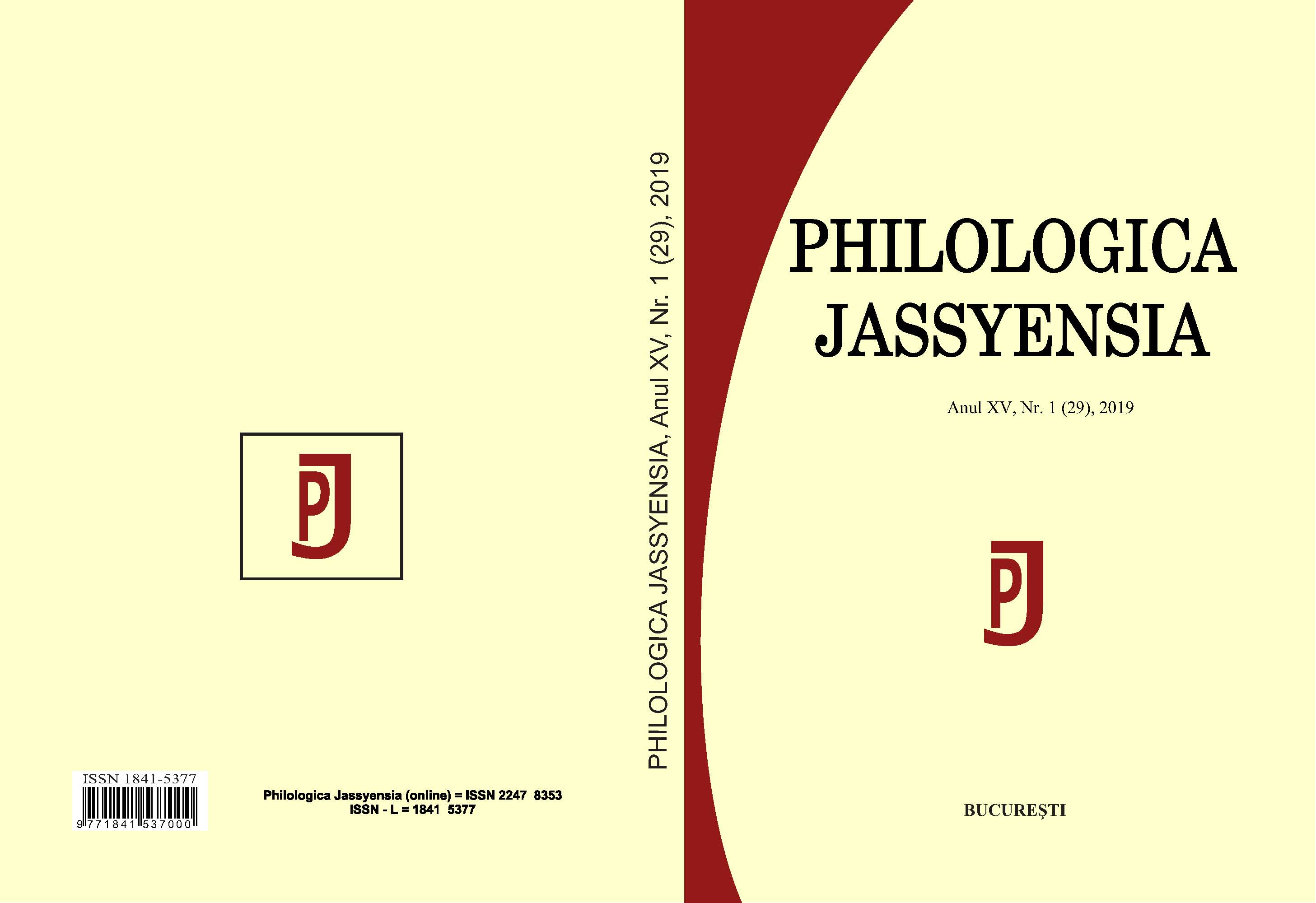Feasting to Death: Life as Dream and Desire in James Joyce’s The Dead
Feasting to Death: Life as Dream and Desire in James Joyce’s The Dead
Author(s): Dana RadlerSubject(s): British Literature
Published by: Editura Tracus Arte
Keywords: Eros; death; Dublin; dream; identity; symbolism;
Summary/Abstract: Published in 1914, “The Dead” is the longest piece in The Dubliners, closing the collection as the last piece. The current paper aims to explore how personal experience and elements extracted from the Irish imagery lead towards a new interpretation supported by psychoanalytical criticism, starting with the Freudian concepts of Eros and Thanatos or life as a dream in fiction. Desire, actions and reactions are read alongside the Jungian concepts, the Kleinian approach on frustration and the power of metaphor (Ricoeur, 1978). Alternating between social functions, deep interior anxiety and intense erotic drive, Gabriel Conroy falls from the gaiety of an ordinary reunion into the abyss of despair and contemplation of death. Is the party described in the story, looked at from this perspective, a genuine communal gathering, or is it rather meant to foresee mental isolation and annihilation, placing key protagonists at huge distance from each other, despite their apparent love? And is snow, the final symbolic element covering the city, working as a hint to purification or only one suggesting a world reduced to silence by its own death? At the end, Gabriel and his wife, Gretta, become isolated entities when compared to their arrival at the venue of the banquet, when Gretta’s seductive profile evokes the peacefulness of a mysterious figurine. The narrative contrasts the extrovert expression of desire experienced by the male character with the outburst of feelings, memories, and exhaustion perceived by Gretta. She plunges into deep sleep, being watched by her husband, which links the manifestations of the couple to the Freudian stages of sexual instincts. The finale shows the solitarily-portrayed hero undergoing a profound transformation, surpassing his erotic dissatisfaction while becoming immersed in an encounter with entities from the otherworld. Transcending his earthy impulses, the protagonist detaches from the shallowness of his own self, and gains a deeper meaning, which allows him to reframe his own life journey further on.
Journal: Philologica Jassyensia
- Issue Year: XV/2019
- Issue No: 1 (29)
- Page Range: 241-251
- Page Count: 11
- Language: English

